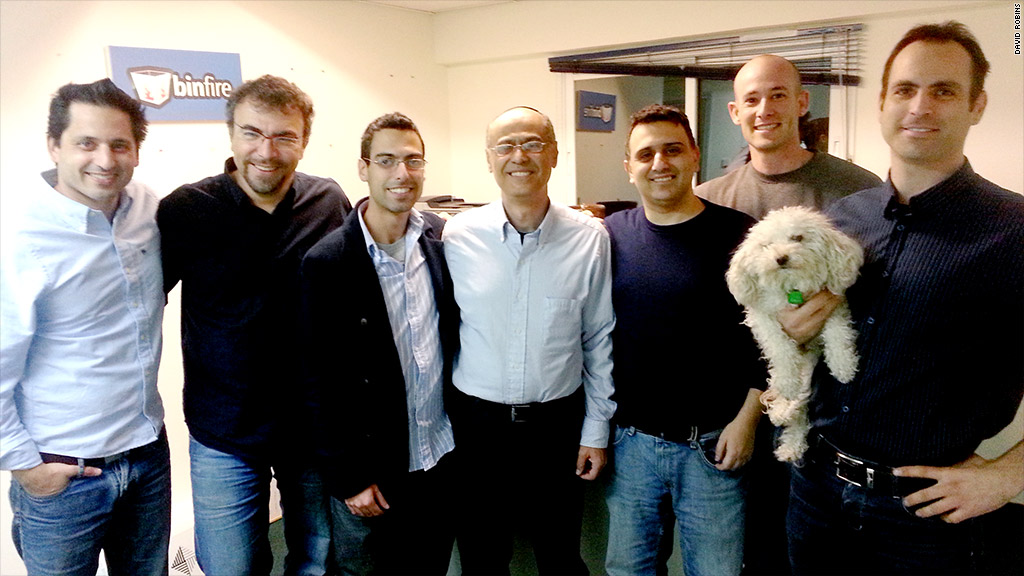
No question, firing people is hard. "It's the management duty I hate most," entrepreneur David Robins said. "But in a start-up, margins for error are so slim and time is so critical, sometimes you just don't have a choice."
Robins speaks from experience. Cofounder of Binfire, which makes collaborative project-management software, Robins has let three key employees go since 2010 -- all within six months of their start dates.
Delivering the bad news that an employee isn't working out is like ripping off a Band-Aid: It's best done quickly.
"As soon as you know that someone is damaging the productivity of the team or preventing the company from reaching its goals, you must act, because the longer you wait, the harder it gets," Robins said.
At Binfire, one of the departed was the chief technical officer, whose wife was also starting a company -- and depending on him to run crucial parts of it.
"I told him we would need 100% of his time, and he assured me he was totally with us," recalled Robins. As it turned out, that wasn't so: The CTO missed crucial meetings, often showed up late, and "was always very tired."
Related: How to successfully launch a second startup
When Robins questioned him, the CTO admitted he was putting in long hours with his wife's company "as a fallback, in case Binfire didn't work out," Robins said. "I thought for two minutes, consulted one of our directors, and fired him. It was one of the most difficult things I ever did. But we couldn't afford less than his full attention."
Nor could Binfire, like most start-ups, make do with employees who couldn't get along with coworkers and constantly disrupted their teams -- a description that fit Robins' other two fired employees.
The trauma of firing the wrong employees made Robins change his approach to finding the right ones.
First, he says, the erstwhile CTO made him cautious about hiring friends.
"Knowing someone outside of business makes you drop your guard, so that you don't dig hard enough," Robins said. "If I had not known him socially, I would have asked tougher questions -- and probably realized how involved he was in his wife's start-up."
Related: How I emerged from bankruptcy to grow a thriving company
Robins has also changed how he evaluates candidates. He no longer interviews people by himself. Now, he wants to see potential hires in a group setting with prospective teammates, which he usually does over lunch.
"People talk about work but also about all kinds of other things," Robins said. He pays close attention to how carefully the candidates listen. "Someone who is willing to listen to others, even if they disagree, tends to be a better team player."
Robins also instituted a three- to six-month probationary period before hiring anyone full-time, with the understanding that the candidate and the company will try each other out and see how they get along.
So far, his new three-part strategy is working. Of five candidates on probation in the past year, "everyone has 'passed'," Robins said. "I haven't had to fire anyone."



